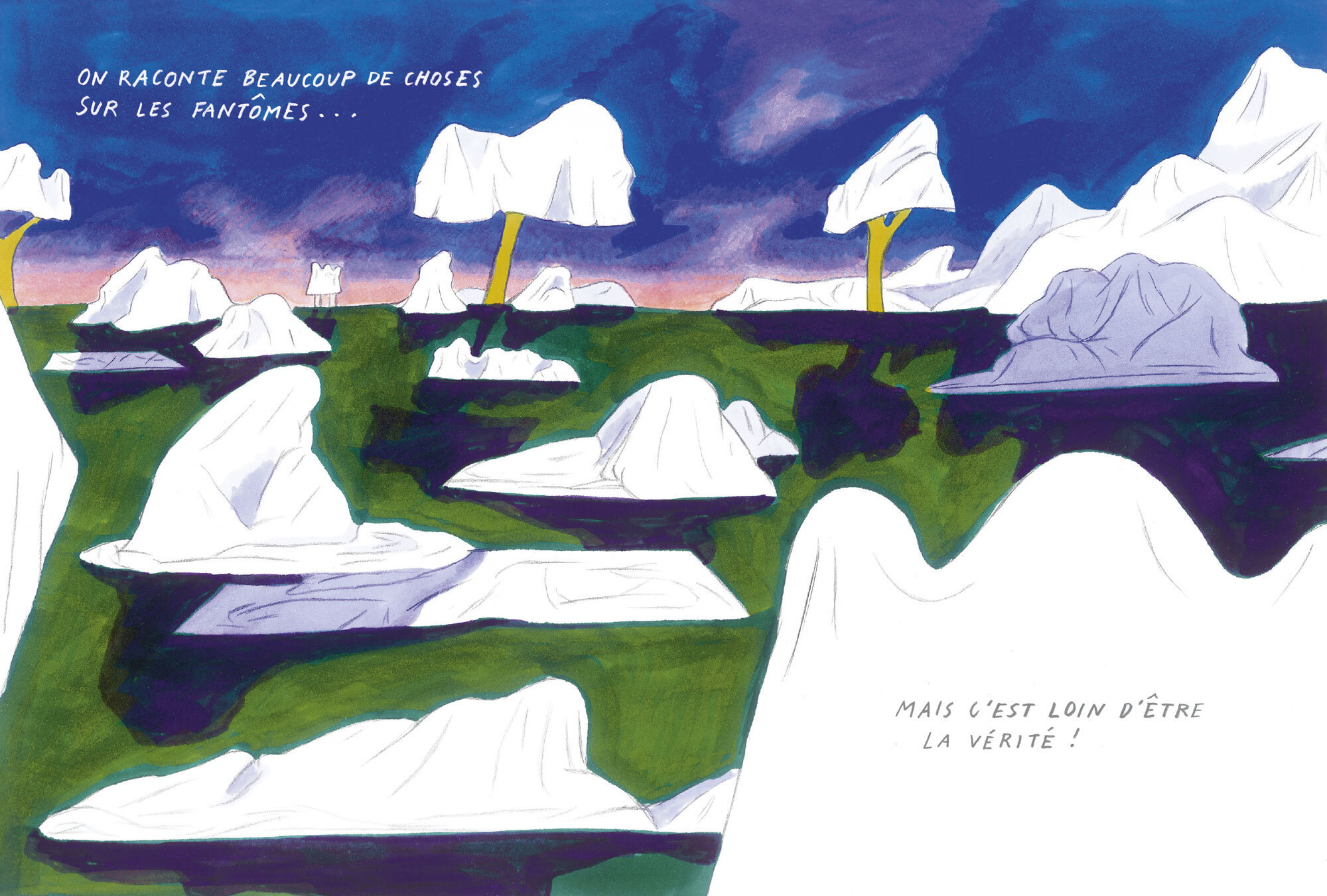Meet the author: Ariana Harwicz
After several decades, there is now once more talk of a ‘Latin boom’ in literature. At the vanguard of this movement are high-profile writers such as Mariana Enríquez, Selva Almada, Samanta Schweblin and Ariana Harwicz. Harwicz is considered one of the most radical figures in contemporary literature. In conversation with Julie Cafmeyer, Ariana Harwicz will explore the themes in her work: violence, eroticism and the modern family.
category
Price
Discount
language
Ariana Harwicz’s work has already been compared to that of Nathalie Sarraute, Virginia Woolf and Sylvia Plath. This is possibly due to her unconventional style, her critique of conventional relationships and the dark desires that drive her writing. Her prose is characterized by violence, eroticism and irony. Readers who are fond of prose that shines like poetry and stories that are without taboos had best book their ticket early.
To me, writing is like falling in love: something extreme, overwhelming. When I’m working, nothing exists but my text which I want to return to every time. For me, that is pure bliss. Art is that direct connection with desire. If there’s no desire, there’s no art.
About her debut Die, My Love
A novel that dives into the heart of the modern family and dares to plant there, amidst the stereotypes outlined by platitudes and good taste, an explosive, honest, vital piece of writing.
About Feebleminded
In Feebleminded, Harwicz drags us into the most radical depths within a family, into an almost bestial relationship between a mother and a daughter. This is the novel that earned Harwicz the nickname ‘the Argentine De Sade’.
about the author
Ariana Harwicz (b. 1977) is an Argentine author. She studied screenwriting and drama in Buenos Aires, performing arts at the University of Paris VII and comparative literature at the Sorbonne. She currently lives in the French countryside. The film rights to her debut novel, Die, My Love, were bought by Martin Scorsese, who immediately set film-maker Lynne Ramsay (of We Need to Talk About Kevin, among others) to work on filming the explosive story. Die, My Love and Feebleminded were followed in 2022 by Tender, the final instalment of Harwicz’s ‘Involuntary Trilogy’.
about the moderator
Julie Cafmeyer (b. 1987) graduated from the Toneelschool Maastricht as a director in 2015. Besides writing and making theatre, she writes columns for De Morgen. Her work is characterized by wry humour, sombre lightness and entertaining tragedy.
Harwicz goes against everything a woman should or shouldn’t be. Her women stink, are coarse, violent and driven by lust, and that makes this novel an act that is more powerful than any analysis of prevailing power structures, critique of patriarchy, exposure of sexism or of unequal male-female relations.
ORG. Passa Porta, Instituto Cervantes
picture © sebastian freire
Soon at Passa Porta


